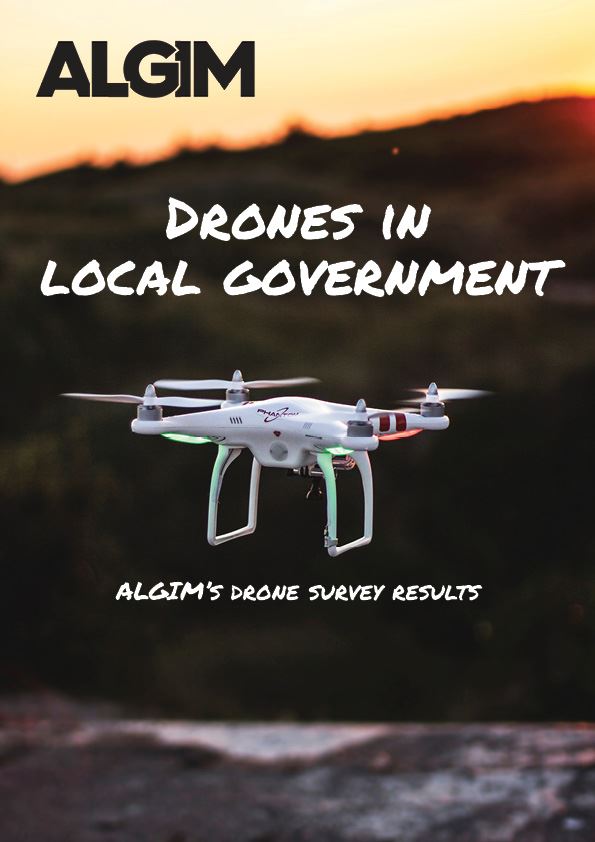All the details
CAA Parts 101 impose specific requirements on operators of unmanned
aircraft that must be followed in order to ensure compliance with
regulations.
A key part of the regulations is the requirement to ensure that
flight operations will not create a hazard to persons, property and
other aircraft and these requirements mirror requirements under the
Health & Safety at Work Act where the operations are carried out as
by every person conducting a Business or Undertaking. There is a
requirement under both CAA and Health and Safety rules that reasonable
steps must be taken to ensure that safety requirements are met.
The CAA regulations also demand knowledge of (and compliance with)
the Remotely Piloted Aircraft regulations, and specifically require the
operator to have knowledge of the airspace designation in the area of
intended operation or be under the supervision of a person with this
knowledge.
We believe that flight safety begins with a good understanding
applicable regulations, of the technologies used, an understanding and
ability to interpret information available to the operator such as the
weather and aviation charts, and a good grounding in processes designed
to enable the flight operation to be conducted safely.
Our course has been developed by Tony Krzyzewski, a private pilot
with experimental aircraft flight testing certification and experience.
He has taken the hazard identification and mitigation techniques learnt
as part of test flying programmes and applied them for the first time
into the drone operating environment. The droneSafe training course is
not only designed to give you an understanding of what operators need to
do to ensure safety in flight but also why this is required and how
environmental, human, and technological factors can affect flight.
The droneSafe course is designed to give operators of drone
technology sufficient knowledge and understanding required to
effectively and safely operate these devices within the law. This course
does not provide practical training for flight and does not provide
pilot qualification as defined under CAA Part 101 for operation of
remotely piloted aircraft within 4km of an aerodrome.
The training course does not presume any prior knowledge of aviation
law or fundamentals of flight as these are included within the syllabus.
Course attendees are supplied with take home material and support
information to assist with ongoing operational safety. Each
participating organisation completing the course is supplied with a
current Airways Visual Navigation Chart for the participant's region
Course content includes:
Theory of Operations
· Theory of Flight
· Multicopter Fundamentals
· Battery Management
Aviation Law
· CAA Part 101
· CAA Part 102
Understanding Airspace
· Airspace Classifications
· Uncontrolled Airspace Operations
· Controlled Airspace Operations
· Aerodrome Airspace Operations
· Prohibited Areas
· Airspace Resources
Flight Fundamentals
· Terminology
· The Compass and GPS
· Drone Control Systems
· Radio Telephony Basics
Meteorology
· Local Wind Effects
· Weather Hazards
· Measuring the Wind
· Weather Resources
Aviation Charts
· The AIP
· Interpreting Aerodrome Plates
· Interpreting the VNC
· Navigation Resources
Privacy Considerations
Airmanship & Safety
· Fit to Fly
· Hazard Identification
· Risk Assessment
Flight Planning
· Hazard Identification
· NOTAMS
· Land Owner Permissions
· Airspace Permissions
Pre Flight Checks
Flight Operations
Post Flight Checks
A droneSafe certificate of completion will be given to all attendees.
 surrounding drone flight to ensure you don’t fall foul of civil aviation or health and safety rules.
surrounding drone flight to ensure you don’t fall foul of civil aviation or health and safety rules.



